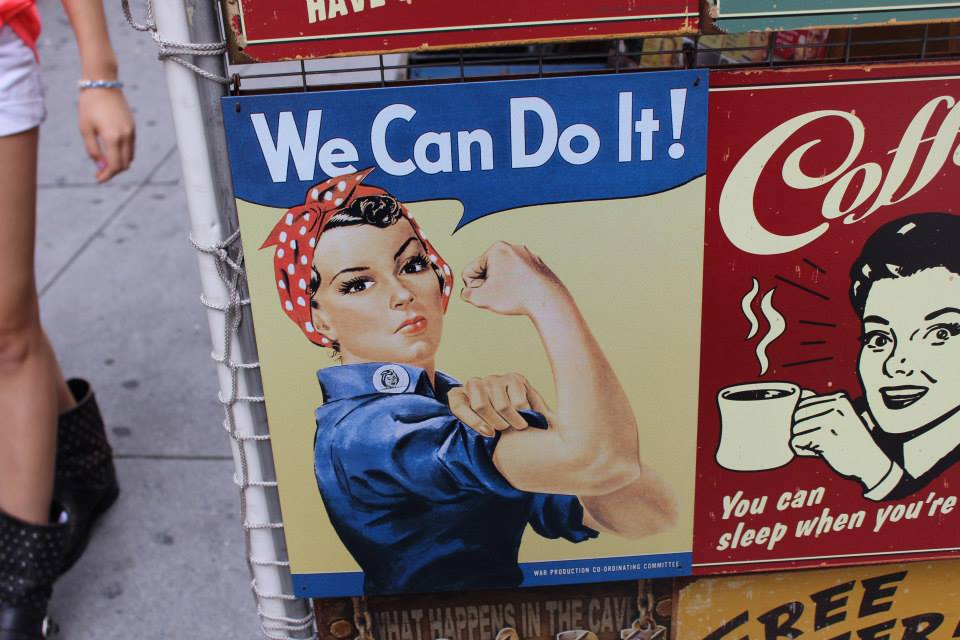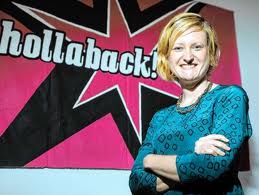When I was eighteen, I wrote for Seventeen Magazine as a part of their “Freshman 15” program–a program where the magazine chooses fifteen college freshmen to post a blog every other week to their website about their freshman year of college (“…detail the drama”). Due to my lack of desire for the limelight and slight embarrassment for writing for a magazine that opposed my feminism in many ways, I had all but pushed the experience–and the blog posts–out of my head. Until last week.
 Perusing the internet, I stumbled upon one of my old posts which led me to click, read, and kill an hour and a half of my day. Some posts described issues of extreme banality (I categorize here posts about my relationships, “finding yourself,” working out, etc.), others about general, boring college topics (what clothes should you bring to college?! College is harder than I thought it would be, etc.), and (hidden among the insipid), a couple about feminism.
Perusing the internet, I stumbled upon one of my old posts which led me to click, read, and kill an hour and a half of my day. Some posts described issues of extreme banality (I categorize here posts about my relationships, “finding yourself,” working out, etc.), others about general, boring college topics (what clothes should you bring to college?! College is harder than I thought it would be, etc.), and (hidden among the insipid), a couple about feminism.
I wish I could spend my entire blog post expressing my desire to take back some of my words on a medley of those topics. I felt pressured to talk about relationships and body image because that, to me, screamed, “Seventeen Magazine!” I expressed many difficulties with breaking up with my partner at the time, but always with a positive twist! I talked about exercising and losing weight. Some of my comments were vain, vapid, and contributed to an effortlessly perfect image and culture I despise. I hated that the Seventeen editors titled my videos with taglines that read, “Maya and her friends found a sneaky way to avoid dining room crowding — and check out some hot guys!” and spelled women’s rights “woman’s rights.” Reading over them, I wanted to bury my head in my hands and scream.
But my posts on feminism made me happy. Not because they were very intelligent (No, on the other hand, they really show a disconnect in my understanding of what feminism is), but because they really showed growth. I am certainly still learning and growing, but it was exciting to see what has become a huge marker of my identity–my feminism–in its youth.
I could have talked about a number of things of importance. I wasted my platform to speak directly to young girls about what is really important in life, and in my life. I wish I wouldn’t have talked about my relationships or my body in such vanity because there are very real things about those topics and a million others that need to be said. It was exciting to see my youthful feminism, but I do wish I would have played my cards differently.
As I leaned into the camera with my “stylish” bright red lipstick, I say, “Feminism is all about just being who you are and expecting the best for yourself.”
Knowing eighteen year old me, I suppose it could’ve been worse.
Let me know what you think and Hollaback! at yo’ girl!





